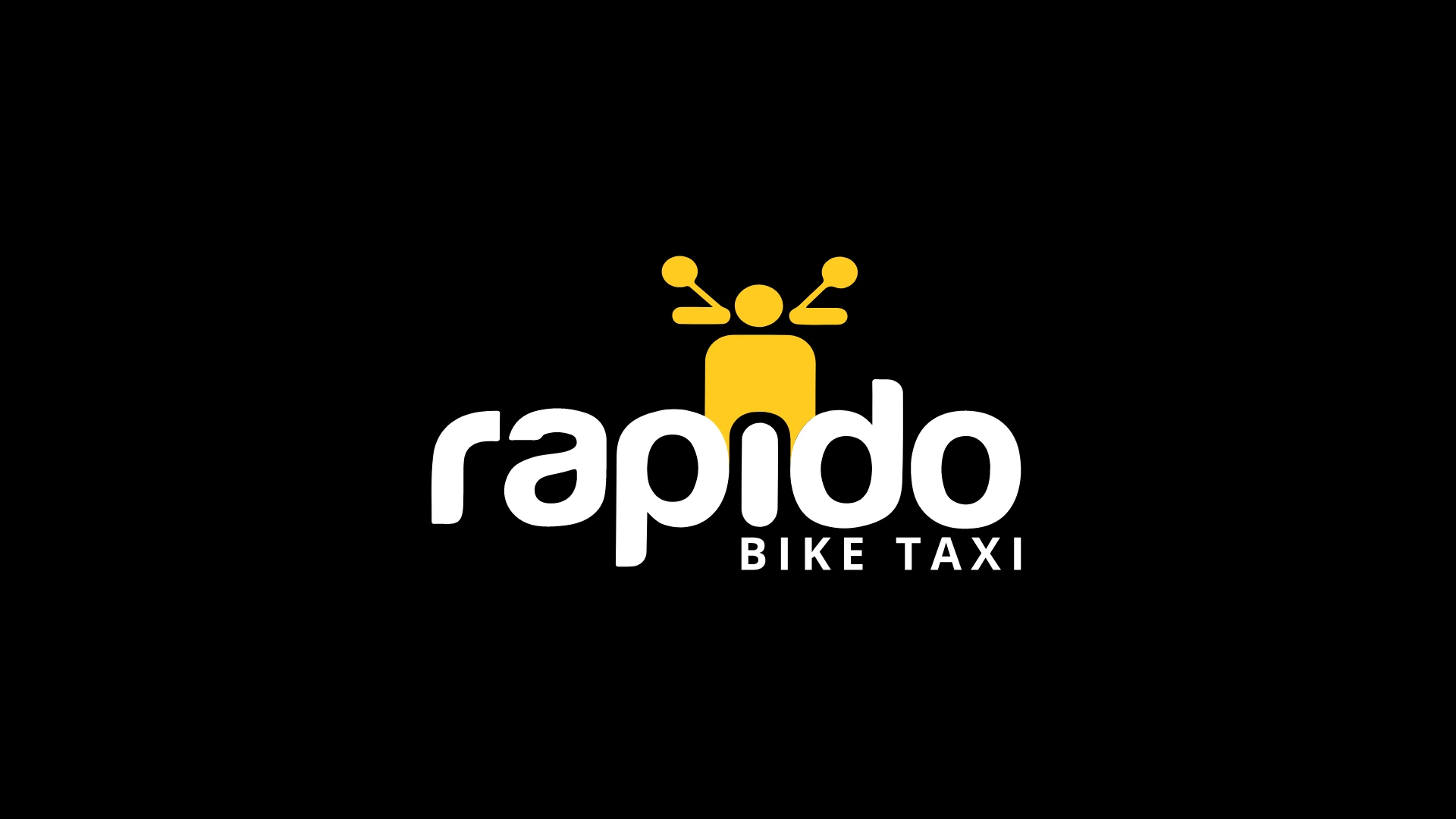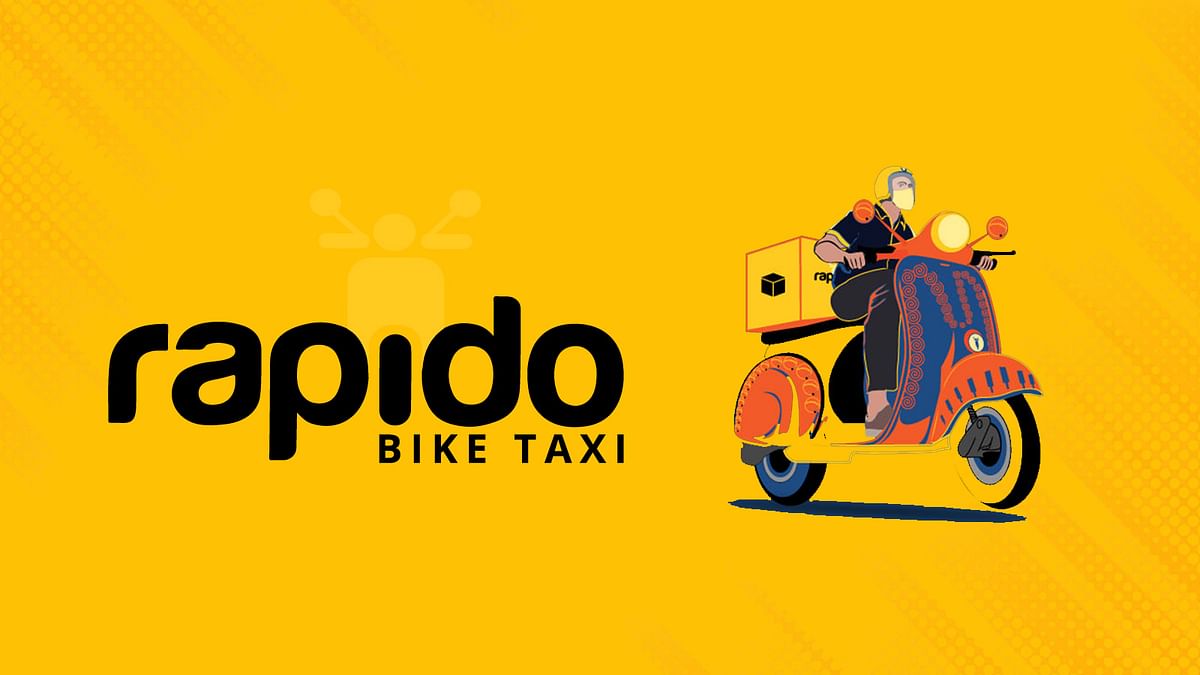
Table of Content
▼Mobility startup Rapido has raised $200 million in a funding round spearheaded by existing investor WestBridge Capital, elevating its valuation to $1.1 billion and marking its entry into the unicorn club.
Rapido’s CEO, Aravind Sanka, informed ET that the newly acquired funds will be directed towards expanding Rapido's recently introduced four-wheeler taxi service, positioning it as a competitor to Ola and Uber. The funding round also saw participation from Nexus Venture Partners, an existing investor backed by Swiggy, along with new investors Think Investments and New York-based Invus Opportunities.
Sanka also revealed that Rapido is venturing into the quick commerce delivery space, utilizing its two-wheeler fleet for hyperlocal deliveries. This comes after ET reported on July 29 that Rapido had raised $120 million from WestBridge as part of a larger funding round.
"The recent funding is a result of the substantial growth we've experienced over the past two years," said Sanka, emphasizing that Rapido leads the bike-taxi market. "During this period, our top line has grown over 12 times. Initially, we focused on two-wheelers, but now we are significant players in the three-wheeler segment and making considerable inroads in the four-wheeler ride-sharing market."
Across various vehicle categories, Rapido handles 2.3-2.5 million orders daily, with 7% of these from business-to-business (B2B) operations. In the B2B segment, Rapido fulfills food delivery orders for Swiggy during non-peak hours for bike-taxi services. The company has also joined the Open Network for Digital Commerce (ONDC) as a logistics provider.
"We plan to deepen our presence in cities while expanding our categories. The four-wheeler category is relatively new for us, so we’ll be aggressive there," said Sanka. "In some cities, we are already larger than one of the incumbents in the four-wheeler market, and we aim to become a significant No.2 player."
Autonexa exclusively reported on August 9 that Rapido had surpassed the $1 billion gross merchandise value (GMV) milestone, driven by its expansion into new segments such as four-wheeler cabs and auto-rickshaws, and an aggressive push into more than 100 cities.
Sanka noted that three-wheeler auto-rickshaw bookings contribute the most to GMV with a 40% share, followed by bike-taxis and cabs, each with 30%. However, two-wheeler vehicles still account for over 50% of total rides.

In addition to competing with established companies like Uber and Ola, Rapido faces competition from Google-backed Namma Yatri, a new player operating on the ONDC protocol.
Similar to ONDC, Rapido offers auto-rickshaw and four-wheeler cab services on a subscription model, where driver partners are charged a flat fee per day or week instead of commissions per ride. Rapido plans to expand its four-wheeler cab service solely on the subscription model, avoiding commission-based charges for driver partners.
"From leading in bike taxis to making significant strides in three-wheelers and cabs, Rapido’s growth is a testament to their operational rigor and customer satisfaction focus," said Sumir Chadha, co-founder and managing partner at WestBridge. "We congratulate the team on their capital-efficient scale-up, which now positions Rapido among India's most used consumer internet apps."
Quick Commerce Expansion
Reflecting a trend among logistics firms entering the quick commerce sector, Rapido is partnering with players in the segment and ecommerce marketplaces to enable faster deliveries.
"We’re exploring how we can enhance quick commerce. While 10-minute deliveries are one approach, we’re also considering 30-minute to one-hour deliveries," said Sanka. "We’re in discussions with quick commerce companies and existing ecommerce firms looking to expedite their deliveries."
Sanka highlighted that Rapido’s fleet is larger than those of Swiggy and Zomato, with over 600,000 monthly active riders on two-wheelers. "We are in talks for such integrations and are a few months away from launching the service."
While platforms like Blinkit, Swiggy Instamart, and Zepto maintain much of their quick commerce supply chain in-house, several third-party logistics players are entering the market. These include Warburg Pincus-backed Ecom Express, Flipkart-backed Shadowfax, and Tiger Global-backed Loadshare. Additionally, Delhivery is opening dark stores for rapid deliveries of a broader range of goods within a 1-2 hour timeframe.
A BofA Securities report estimated the quick commerce segment in India to be worth $2.8 billion in 2023, projected to grow to around $22 billion by 2027.
Also Read: Tata Safari and Harrier Honored with Global NCAP Safer Choice Award
Neha Mehlawat
Neha Mehlawat is an automotive journalist and industry analyst with 10+ years of experience covering cars, bikes, and mobility trends. She tracks the latest launches, technology upgrades, and policy changes in the auto sector, delivering sharp insights that help readers stay ahead in the fast-evolving world of automobiles.
_1772000056.webp)
_1771924453.webp)
_1771917963.webp)


